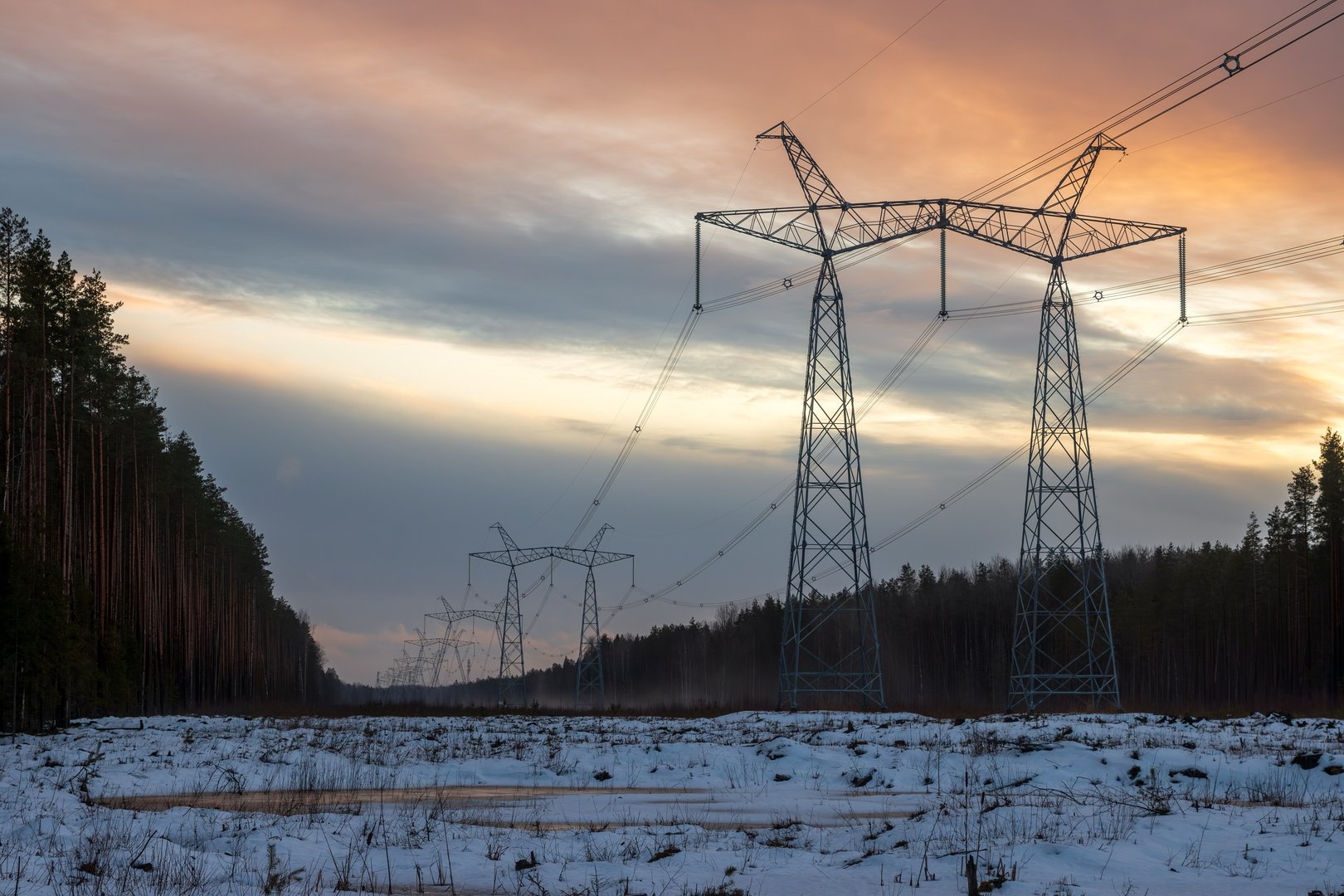Turning Vulnerability into Resilience: The UK’s Critical Minerals Challenge
.jpg)
The UK’s growing vulnerability
The UK’s reliance on critical minerals is becoming a growing vulnerability, as demand for lithium, cobalt, and rare earths soars to power electric vehicles, batteries, and renewable technologies at the heart of the green transition. With supply chains concentrated in fragile regions, the UK’s ambition to weave circular economy principles into critical minerals policy is welcome. But unless ambition is translated into action, circularity risks becoming a policy slogan rather than a competitive strength.
Strategy gaps and weak economics
So far, progress has been uneven. The UKRI’s 2025 report on the Government’s Circular Critical Materials Supply Chains Programme shows promise, backing innovation across both primary extraction and secondary supply chains from batteries and electronics. However, recovery is still constrained by weak economics: UK recycling largely stops at pre‑treatment, with valuable materials exported for refining, adding costs and leaving resilience gaps.
While pockets of innovation offer hope, the bigger challenge lies in overcoming strategic failures that continue to hold the UK back, leaving key industries exposed and competitiveness at risk. In December 2023, the Foreign Affairs Committee said successive UK Governments had underestimated the importance of critical minerals and that the UK was “lagging behind its allies,” criticising the Conservative Government’s Strategy as overly broad and lacking urgency. The current Labour Government has taken some steps, such as backing overseas critical minerals projects through UK Export Finance, but without a clear focus on minerals, sectors, and technologies central to UK interests, it risks circularity being treated as an afterthought rather than embedded as a core pillar of industrial policy.
Solutions
There are signs of solutions emerging. Policymakers are starting to show regulatory innovation – redefining waste, promoting modular product design, and recovering minerals from mining tailings. For example, the Separation of Waste (England) Regulations 2025, which came into force in March, require businesses to separate recyclable materials like metals from general waste, boosting mineral recovery and recycling efforts. These efforts turn liabilities into assets, but cannot succeed in isolation. Real progress requires deep collaboration between DEFRA, DESNZ, DBT, regulators, and businesses. This means aligning policies, incentives, and funding, sharing data and best practices, and embedding circular design and reuse into products and business models.
These domestic efforts, however, must be complemented by strong international partnerships to create a truly resilient supply chain. Partnerships with Canada and other allies underline an essential truth: circularity cannot be a substitute for diversification. With limited reserves at home, the UK cannot achieve self‑sufficiency. Real resilience will come from striking the right balance – building domestic recycling capacity while deepening supply chain diplomacy and strengthening trusted international alliances.
The choice ahead
Circularity offers the chance to transform critical minerals from disposable commodities into valuable resources that can be recovered, reused, and reinvested. Done right, this shift will reduce geopolitical risks, strengthen supply chains, and drive innovation – helping secure the green technologies and economic opportunities the UK depends on. The prize is clear and exemplified by the glut of recent investment announcements from US tech firms – GPUs, data centre infrastructure, and semiconductors all rely on critical minerals in some form. But if circularity splinters into disconnected projects without strong national leadership, the UK risks leaving its industries vulnerable, its climate ambitions stalled, and its future competitiveness weakened. Circularity is not simply nice to have; it could become a critical policy foundation as the global order races to establish a new tech infrastructure for the AI-age.
Read more like this

UK Electricity Networks and Winter Resilience
.jpg)
Turning Vulnerability into Resilience: The UK’s Critical Minerals Challenge

Climate Change: Misinformation and the Role of AI

A Turning Point for Renewable Supply Chains? Unpacking the Great British Energy Amendment
.jpg)
